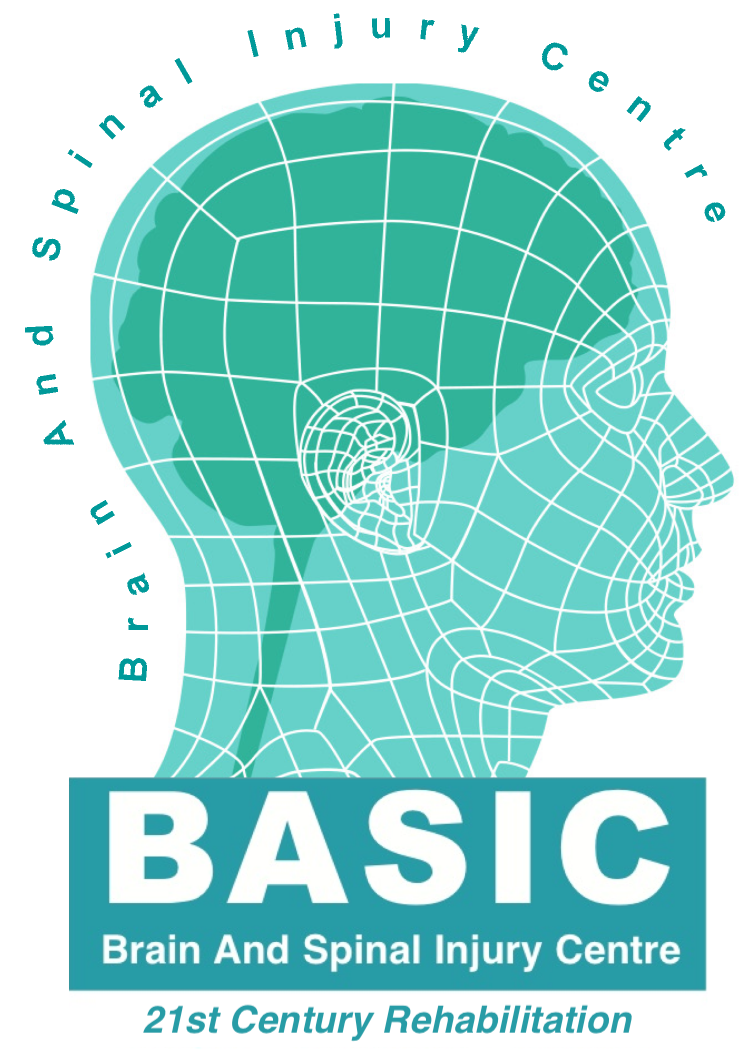What is a brain tumour?
A brain tumour is a growth of cells in the brain that multiplies in an abnormal, uncontrollable way.
Symptoms of a brain tumour
The symptoms of a brain tumour vary depending on the exact part of the brain affected. Common symptoms include:
- Severe, persistent headaches
- Seizures
- Persistent nausea, vomiting and drowsiness
- Mental or behavioural changes such as memory problems or changes in personality
- Vision or speech problems.
Causes and risks
The cause of most brain tumours is unknown, but there are a number of risk factors that may increase your chances of developing a brain tumour.
Risk factors include:
- Age – the risk of getting a brain tumour increases with age, although some types of brain tumour are more common in children
- Previous cancers – children who’ve had cancer have a higher risk of getting a brain tumour in later life; adults who’ve had leukaemia or non-Hodgkin lymphoma also have an increased risk.
- Family history and genetic conditions – some genetic conditions are known to increase the risk of getting a brain tumour including tuberous sclerosis
Living with brain tumour and it’s after effects
Post surgery many people will live with the after effects of a brain tumour or brain surgery.
BodyBasic Gym: To help with any progressive weakness or paralysis
Cognitive Rehabilitation: To help with memory problems
Virtual Reality Rehabilitation: To help with progressive weakness and general cognitive rehabilitation
For more information about brain tumours please visit: http://www.nhs.uk/Conditions/brain-tumours/Pages/Introduction.aspx


